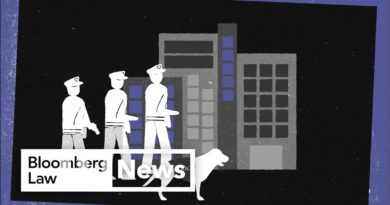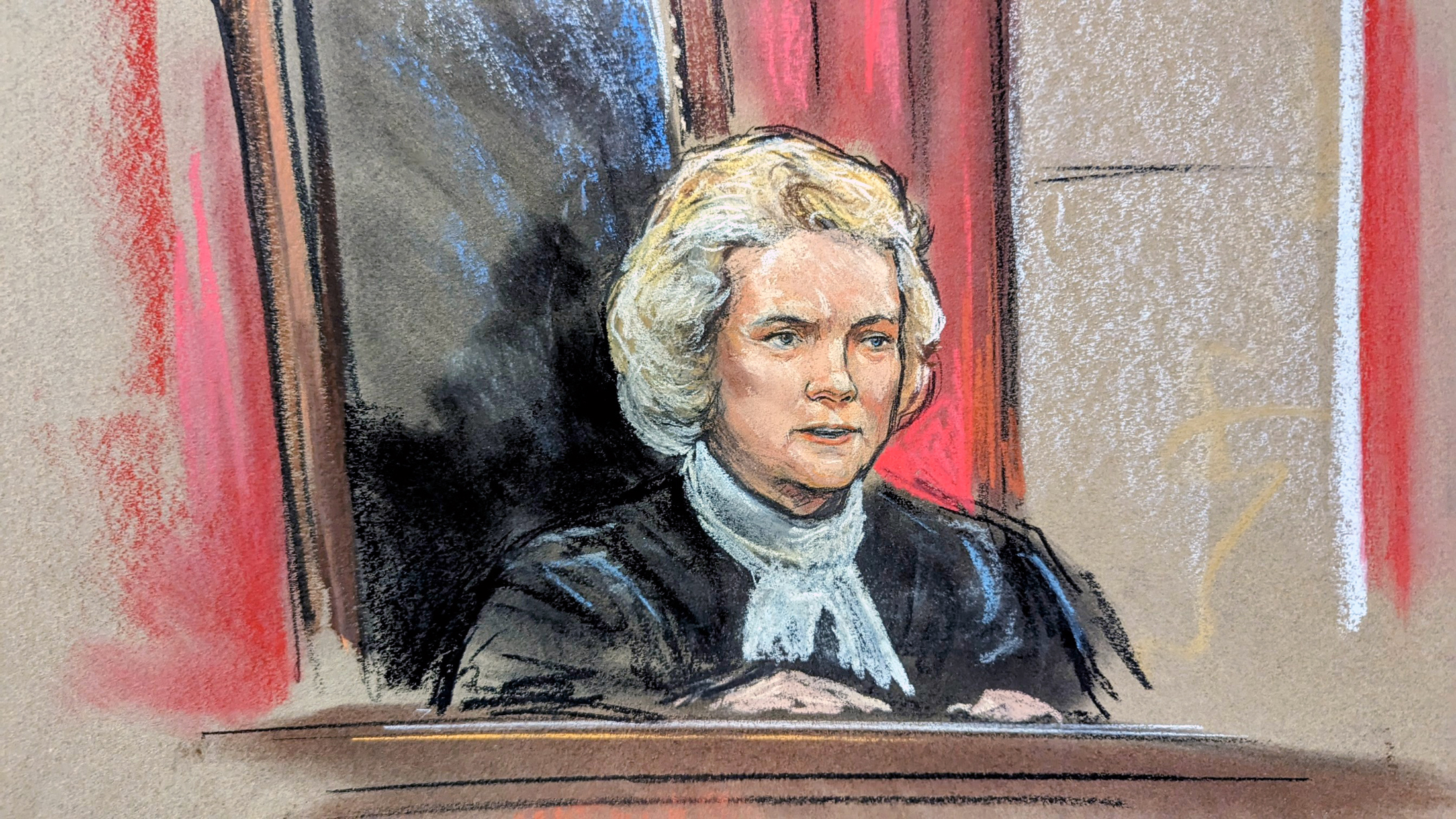Texas redistricting fight arrives at the Supreme Court
Relist Watch
on Nov 16, 2022
at 12:32 pm
The Relist Watch column examines cert petitions that the Supreme Court has “relisted” for its upcoming conference. A short explanation of relists is available here.
The Supreme Court continued to work through its backlog of relists. On Friday, the court granted review in three-time relist Dubin v. United States, involving the scope of the federal “identity theft” statute. And on Monday, the court denied review to the state of Ohio’s petition in five-time relist Shoop v. Cunningham, involving its claim that the U.S. Court of Appeals for the 6th Circuit erroneously granted habeas relief. But Justice Clarence Thomas, joined by Justices Samuel Alito and Neil Gorsuch, filed an opinion dissenting from the denial of certiorari. They argued that this case represented another “flagrant” abuse of habeas by the 6th Circuit, citing other recent summary reversals. They wrote that “[t]he Sixth Circuit must do better, with or without this Court’s help,” and urged the court of appeals to use the en banc process more often to police its granting of habeas relief.
On to the “new business.” There is only one new relist this week: Brooks v. Abbott, concerning redistricting for the Texas state legislature, and particularly its senate district 10, encompassing portions of Fort Worth. The Republican-led state legislature sought to redraw the district in a way that excluded significant minority populations in favor of rural areas that are predominantly “Anglo,” making the district much more Republican. The revised district was similar to a proposal that a D.C. district court had blocked a decade earlier, back when changes to Texas election laws were subject to pre-clearance under Section 5 of the Voting Rights Act, which the Supreme Court invalidated in 2013’s Shelby County v. Holder.
Challengers to the district sought an injunction, arguing that the legislature had engaged in intentional dilution of minority voting power and racial gerrymandering. A three-judge district court, after hearing four days of testimony, denied the injunction, saying that while the “legislature may at times have given pretextual reasons for its redistricting decisions, Plaintiffs have pointed to no evidence indicating that the legislature’s true intent was racial.” After denying the injunction in February 2022, the court did not produce an opinion until May 4, 2022.
Five days before their jurisdictional statement was due, the challengers requested a 120-day extension to file their jurisdictional statement (the rules only provide for extensions of up to 60 days). Citing a rule providing that “if filed less than 10 days before the final filing date, such application will not be granted except in the most extraordinary circumstances,” Alito granted the challengers only a one-week extension.
This redistricting challenge is a rare appeal over which the Supreme Court has mandatory jurisdiction, which means all the litigation documents have funny names. In their initial pleading (their jurisdictional statement), the challengers argue that the district court applied the wrong standard, requiring them to show that race “predominated” as the reason for redistricting. Instead, they argue that they need only show that race was one factor. The challengers also raise a number of other arguments, including whether the district court erred in dismissing alternative redistricting maps that purportedly showed that a legislature motivated purely by partisan purposes would have made different districting decisions and regarding how close to elections changes to voting districts should be permitted.
In its responsive pleading (their motion to dismiss or affirm), the state of Texas argues that the appeal is untimely, and should have been sought after denial of the injunction rather than months later after issuance of the opinion. And it argues that the challengers have failed to raise a substantial federal question. It argues that the district court carefully weighed the challengers’ evidence during a four-day evidentiary hearing, and the challengers have not shown why the district court’s assessment was implausible or impermissible.
In mandatory jurisdiction cases, the court can dismiss for want of a federal question, summarily affirm, or set the case for merits briefing and argument (usually after noting probable jurisdiction, but potentially delaying its consideration of jurisdiction for the merits stage). In any event, it appears the court needs more time.
Until next time, stay safe!
New Relist
Brooks v. Abbott, 22-136
Issues: (1) Whether the district court erred by importing the racial predominance standard that governs racial gerrymandering claims into its intentional discrimination analysis under Village of Arlington Heights v. Metropolitan Housing Development Corporation; (2) whether the district court erred by concluding, without record evidence in support, that the delayed release of Census data fully explained the legislature’s numerous procedural irregularities during the redistricting process; (3) whether the district court erred by dismissing the evidentiary value of plaintiffs’ alternative maps, which showed that a legislature motivated purely by partisanship would have made different districting decisions; (4) whether the district court erred by concluding that a legislature it found to have been untruthful and have acted in bad faith may still be entitled to a presumption of good faith because there was not direct evidence of invidious racial intent; and (5) whether the district court erred in its analysis of the Purcell principle.
(relisted after the Nov. 10 conference)
Returning Relist
Escobar v. Texas, 21-1601
Disclosure: Goldstein & Russell, P.C., whose attorneys contribute to SCOTUSblog in various capacities, is among the counsel to petitioner in this case.
Issue: Whether the Texas Court of Criminal Appeals erred in holding that the prosecution’s reliance on admittedly false DNA evidence to secure petitioner’s conviction and death sentence is consistent with the due process clause of the 5th Amendment because there is no reasonable likelihood that the false DNA evidence could have affected the judgment of the jury.
(relisted after the Nov. 4 and Nov. 10 conferences)






